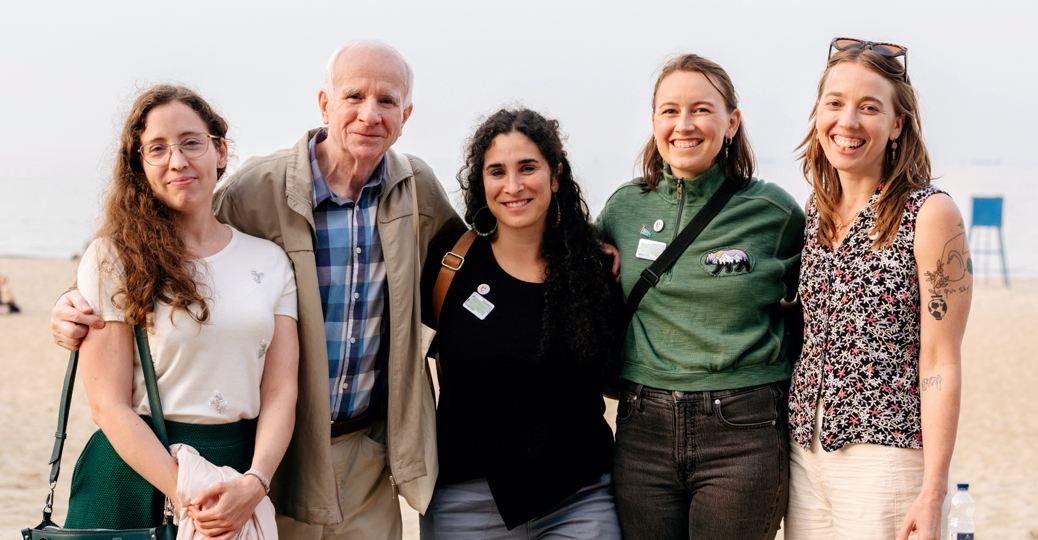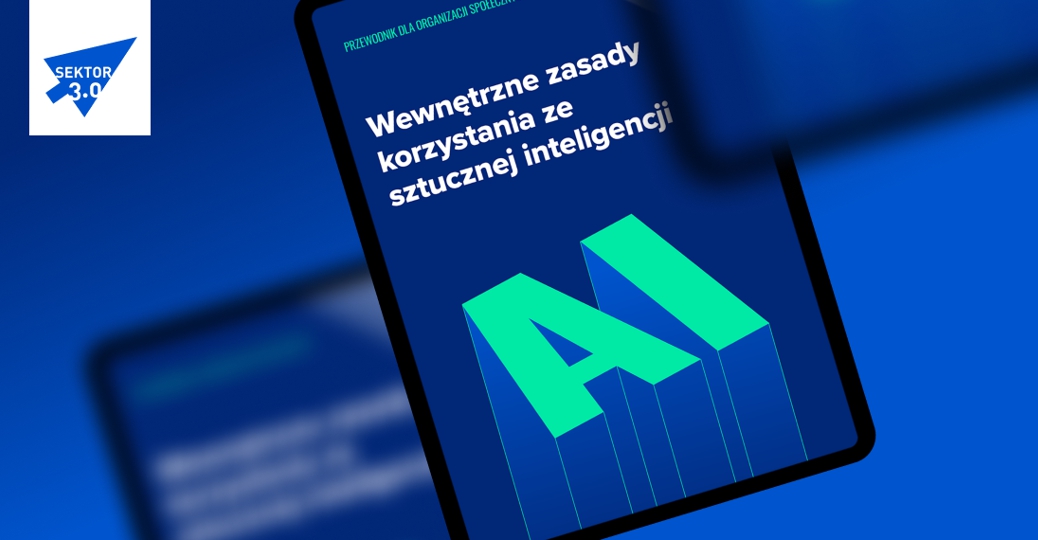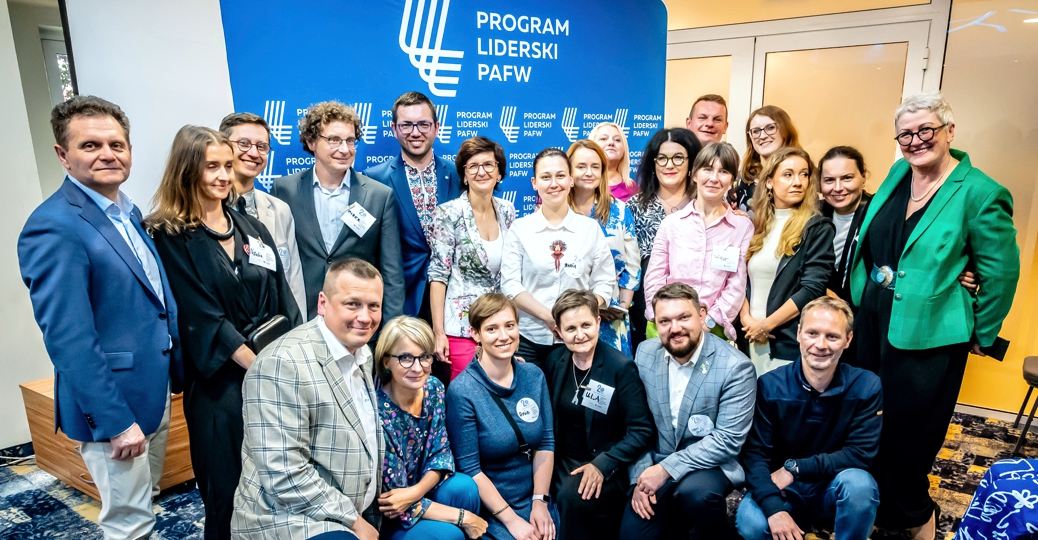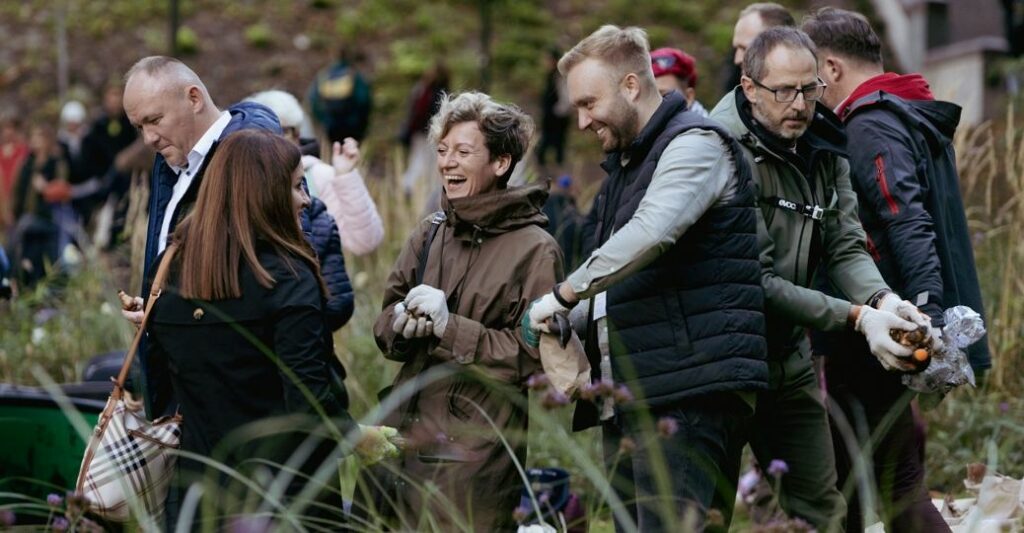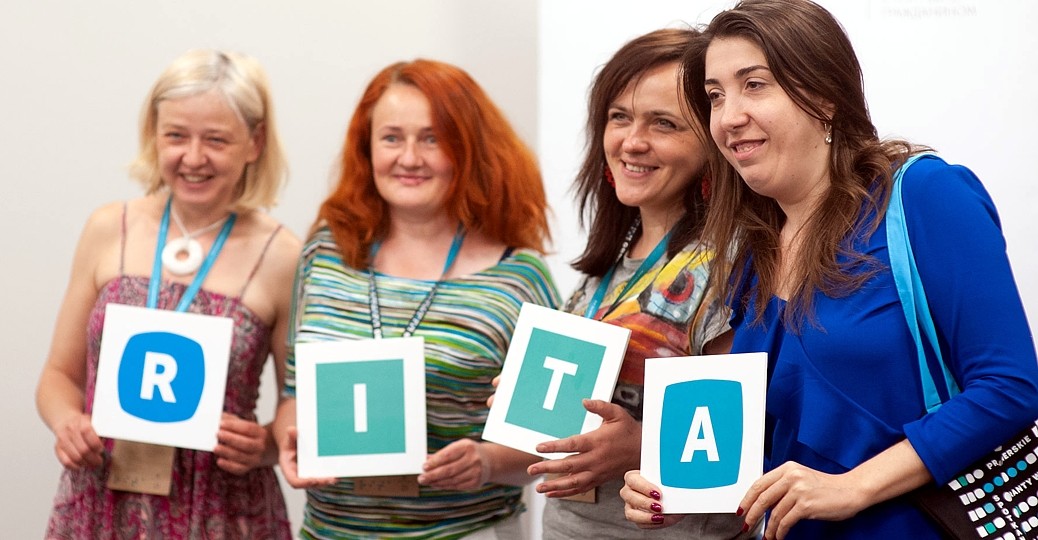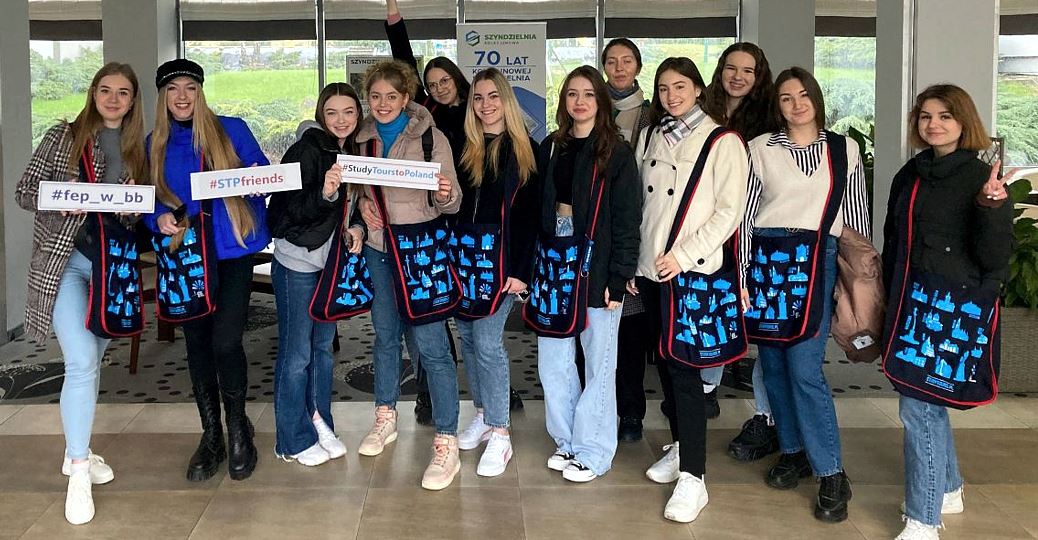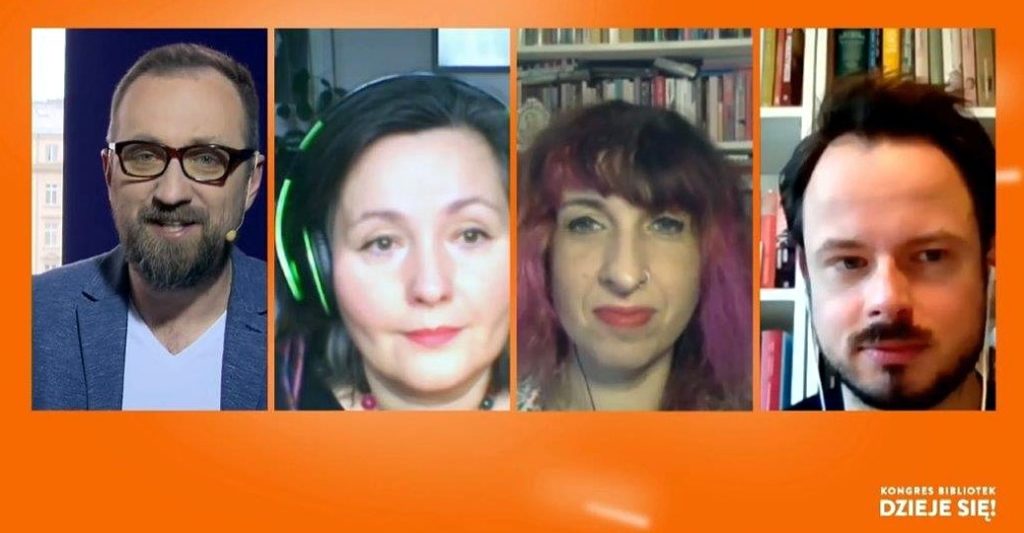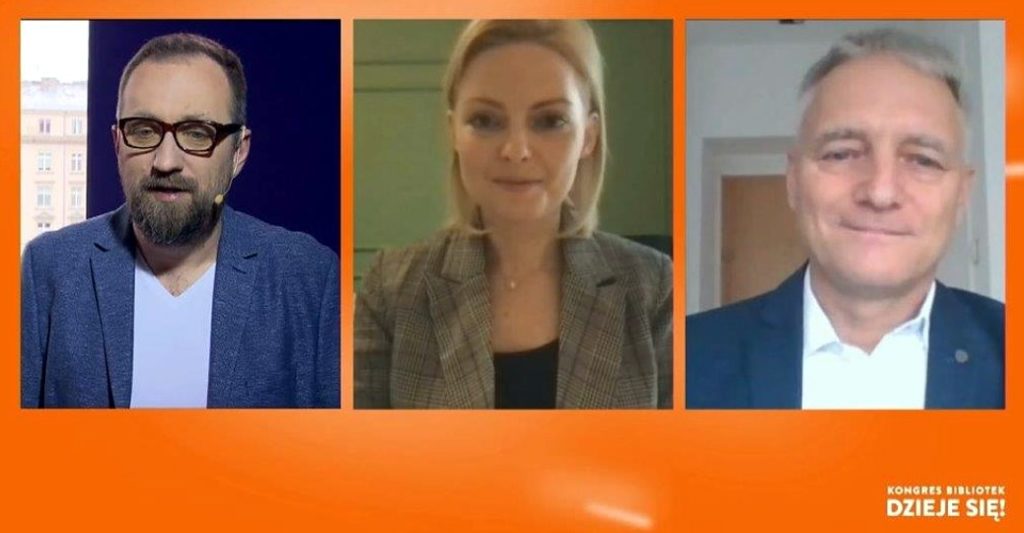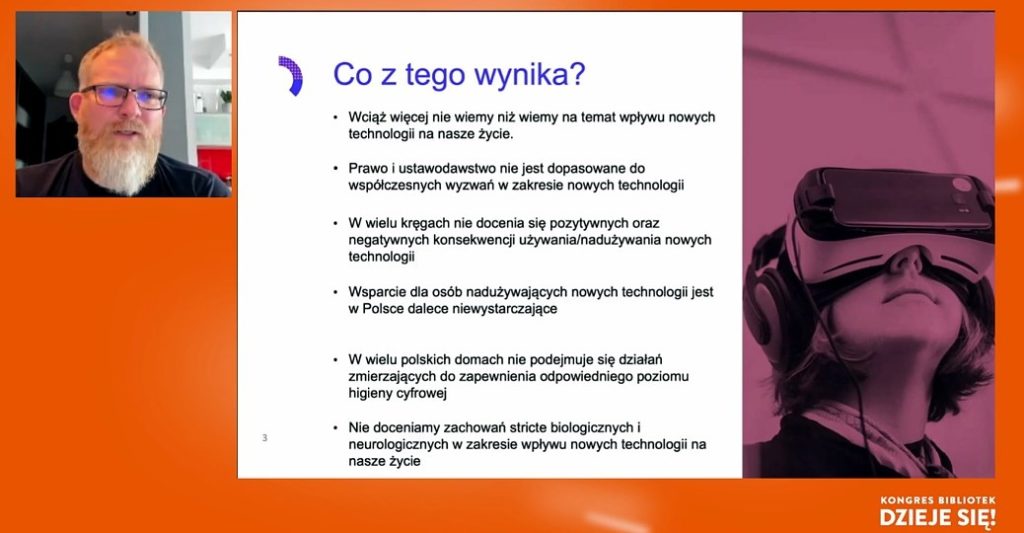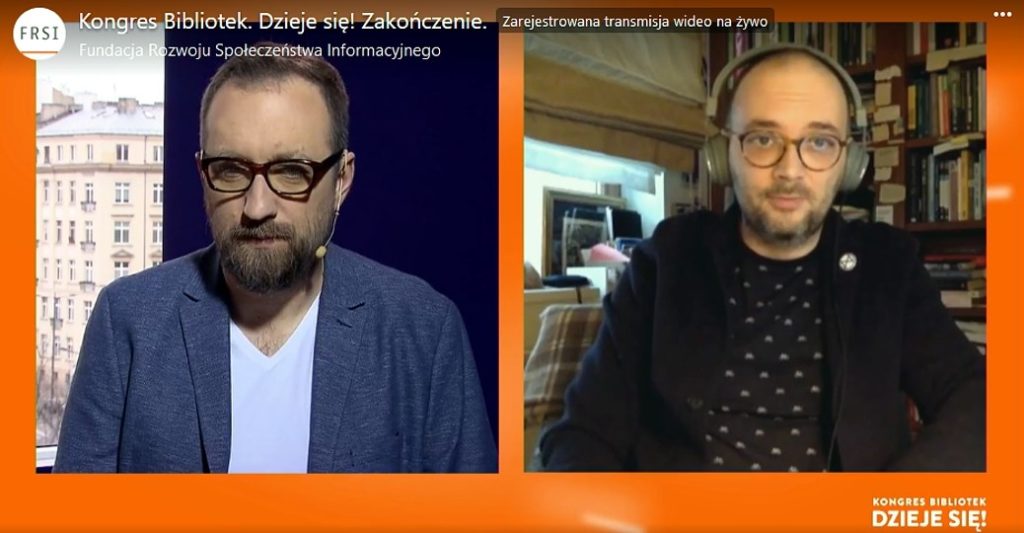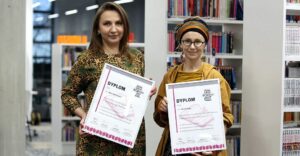On December 9, 2020 the 11th National Library Congress was held under the watchword that refers to the new situation the libraries found themselves in – global lockdown, hybrid reality, change of priorities, and the necessity to look for other form of acting.
The event took place online and was attended by almost 800 librarians participating in panel discussions and workshops with well-known writers, social leaders and experts in new technologies. The Special Guest was Filip Springer, a writer and a reporter.
The Congress was opened by Joanna Lempart, the Program Director of Polish-American Freedom Foundation, and Jacek Królikowski , the President of Information Society Development Foundation. Joanna Lempart spoke about the impact of crisis situation on functioning of libraries, bus also about new opportunities that libraries are facing. She also announced launching the 4th round of Library Development Program under which 300 libraries will join the program. They will become members of a network of over 3,800 libraries that participated in former three rounds of the program that were run in the years 2009-2015. Jacek Królikowski spoke about emergence of a new version of library that operates in hybrid form and “plays an important role at the time of social divisions but first of all of social distancing caused by pandemic and can help people find their place through access to culture and reading, and thus change the world for the better.” He also addressed the issue of challenges faced by libraries such as creating local community, re-establishing old local authorities or offering access to reliable information.
Next Michał Nogaś of Gazeta Wyborcza daily debated with the book writers Renata Lis, Sylwia Chutnik and Wojciech Szot on how literature presents the contemporary world and whether literature is socially responsible.
The agenda of the Congress included also seminars conducted by expert-practicians in social problems, such as: Agnieszka Szelągowska, the School of Leaders, who had a seminar on Change. How to go through it not losing people on the way; Maciej Dębski, Fundacja Dbam o Mój Zasięg (I Care for My Coverage Foundation), who conducted a seminar on Digital Hygiene. How to Care for its Proper Level; Anna Orzech, Laska Nebeska and Sector 3.0 program, who shared her experience in getting online users involved. Also, Magdalena Krasowska-Igras, Information Society Development Foundation, spoke about the ways of introducing new library services, while Monika Schmeichel-Zarzeczna, Labib network and My Digital Life explained how to select tools for distance work. And Kamil Śliwowski, School with Class Foundation and Sector 3.0, shared his experience in practical knowledge on the ways of conducting online workshops to involve the participants.
The Congress organizers created also a virtual meeting zone with the lecturers – in separated ‘conference rooms’ the Congress participants could have an individual conversation with an expert and broaden their knowledge gained at a seminar. The breaks between the seminars were used for virtual meetings at ‘a cup of coffee’ and meeting other Congress participants.
In the Offers for Libraries zone participants could benefit from free subscriptions for magazines, online courses access or competitions prepared by the Congress partners – AGORA, My Digital Life Liga Niezwykłych Umysłów (League of Extraordinary Minds), LABIB.
The 11th Library Congress was also an occasion to honor the winners of 9th round of Olga Rok Competition. In the “bigger library” category the main award went to Izabela Putz (Municipal and County Library in Nowy Tomyśl ) for initiating language hot line, Polish classes for immigrants, meetings with culture and for good energy she shares with people who feel uncertain in new reality. The main award in the “smaller library” category was awarded to Justyna Delekta (Public Library in Cholewiana Góra) who runs numerous activities benefitting local community, including activities and care for children at the library during winter school break and classes supporting children’s education.
The honorary mentions went to: Joanna Sudak of Communal Public Library at Wilkasy, Monika Rejtner of Municipal Public Library in Legionowo, Anna Wysocka of Public Library in Piaseczno – Branch in Józefosław, and Natalia Maćkiewicz of Communal Public Library at Bulkowo.
After the presentation of short films, the Congress participants could listen to the conversation with Anna Rok, Olga Rok’s granddaughter who set up the Olga Rok Endowment Fund and the winners of Libraries Full of Dreams competition. They spoke about new reality that has made libraries change their work and transfer most of their activity online where virtual meetings with authors and workshops for members of local community take place and where it is important to assure friendly atmosphere and contact with a reader.
The last item on the Congress agenda was a meeting with the special guest Filip Springer, a writer and a commentator, winner of numerous significant literary awards and nominated to many more. Filip Springer shared with the viewers his secrets of the writer’s work and briefed them on his new book to be published in 2021. He also told about his school of „ecopoetics – a form of field and theoretical classes related to taking eco-critical attitude” and on how literature can deal with important global problems of climate protection and consumption limiting.
The presenter at the Library Congress was Michał Nogaś, a journalist of “Gazeta Wyborcza” daily.
The Library Congress has been organized by the established in 2008 by PAFF Information Society Development Foundation as part of the Library Development Program of the Polish-American Freedom Foundation for 11 years. Over the years 2009-2015 the Library Development Program was implemented as part of Global Libraries initiative by Polish-American Freedom Foundation in partnership with Bill and Melinda Gates Foundation. A total of 3,808 libraries in more than 1,250 communes – that is almost 60% of libraries in rural areas and small towns in Poland – participated in the program. Since 2016 support for libraries is continued under the strategy of enhancing the basic stage of Library Development Program.
The manager of Olga Rok Endowment Fund is the Academy for the Development of Philanthropy in Poland, which promotes the idea of endowment funds under the We Are Here Today, Tomorrow, Forever campaign. Polish-American Freedom Foundation is its supporting partner, and the Information Society Development Foundation is its substantive partner.









